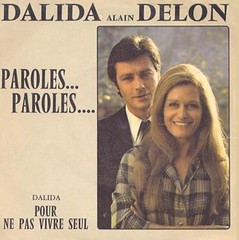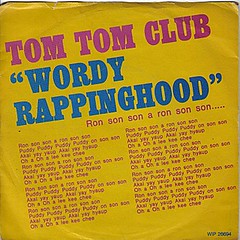[Youtube=http://www.youtube.com/watch?v=Y66nvB-PvZQ]
Beau Mot Plage (1999) by Isolée
This post dedicated to Woebot. Who else could write an article on canonical house music informed by critical theory? The answer is below the quote.
“I really admire exercises like Harold Bloom‘s “The Western Canon” and F. R. Leavis‘s “The Great Tradition“. It’s not just the critic’s job to dissect, it’s a crucial task to re-imagine and assemble. My recent idea has been, in the absence of any other strong generic competitor to it, to try and extract from within the tradition of House-music-proper a strand of what I’m calling “Mauve House”. If the methodology used in tackling the pyramidic proliferation of dance music genres, used to be naming each subset, nowadays a more appropriate approach might be like filleting a joint of beef, that’s to say stripping out one strand from the carcass.” http://www.woebot.com/2007/06/mauve_house.html
Answer: Simon Reynolds. Internal links are mine.







